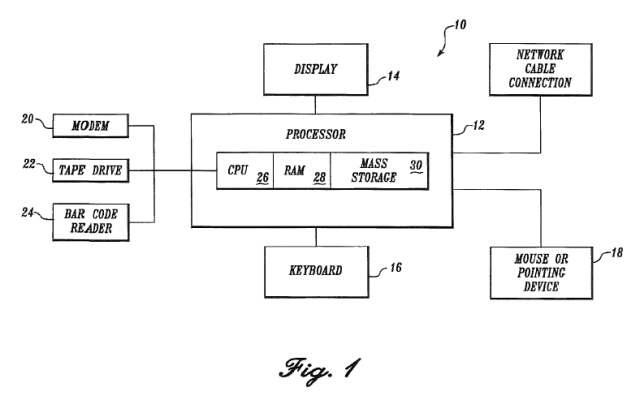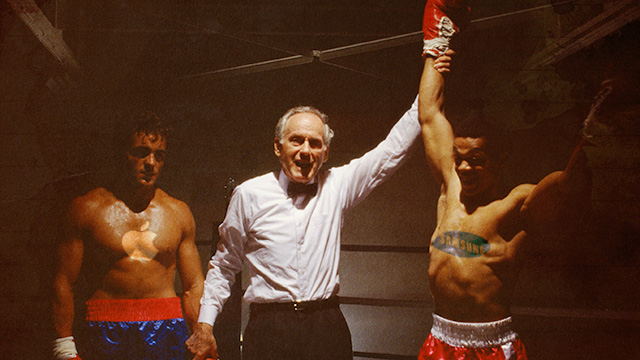
An IBM software engineer sketches out a pending patent. IBM has acquired more US patents than any other company for 23 years in a row. (Jared Lazarus/Feature Photo Service for IBM) (credit: IBM)
IBM is pushing big Internet companies to pay patent licensing fees in part because IBM invented the Prodigy service, a precursor to the modern Web.
Yesterday, Big Blue filed a lawsuit (PDF) against Groupon, saying the company has infringed four IBM patents, including patents 5,796,967 and 7,072,849. Each of those relates to the Prodigy service. IBM inventors working on Prodigy "developed novel methods for presenting applications and advertisements," and "the technological innovations embodied in these patents are fundamental to the efficient communication of Internet content," according to the company.
The Prodigy patents were filed in 1993 and 1996, but they have "priority dates" stretching back to 1988. That's because they're based on "divisional" and "continuation" patent applications, which were abandoned but first filed in that year.







